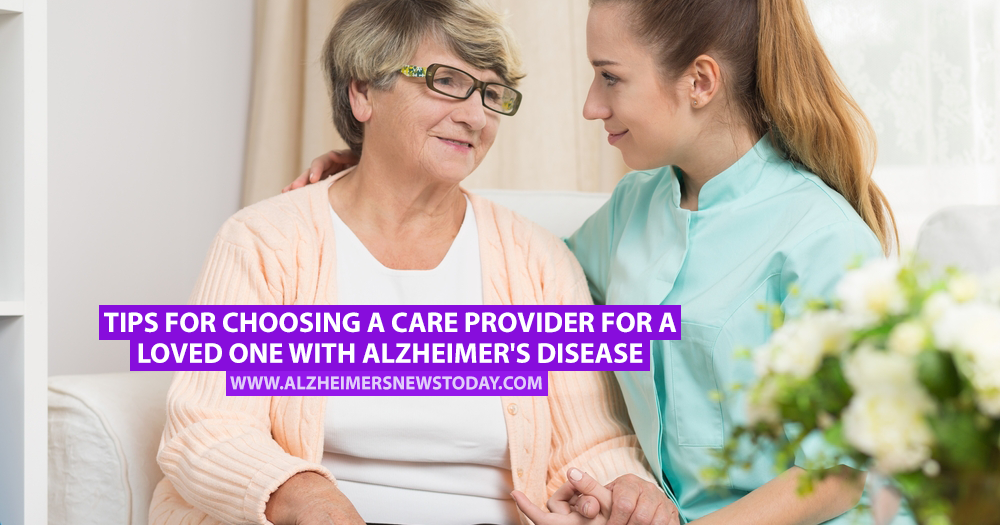Tips for Choosing a Care Provider for a Loved One With Alzheimer’s Disease

Deciding to use elder care providers for a loved one with Alzheimer’s disease is always difficult but professional carers can offer solutions for family members who have to work or who need a break for any reason.
MORE: Could phosphatidylserine supplements improve memory in Alzheimer’s disease patients?
There are many elder care providers and choosing the right one for your loved one can feel like a daunting decision. To help you feel more confident with your choice, we’ve put together a list of some of the considerations you need to take into account, according to the Mayo Clinic.
Location: The nearest elder care center may not be the right fit for your loved one, but equally you don’t want to have to travel great distances each day. Take the time to visit all the ones close to you and decide how far you’re willing to travel.
Timing: Different centers will have different drop-off and pickup times. These need to work well with your own schedule.
Cost: The cost of elder care may be covered by your loved one’s health insurance but they’re often an out-of-pocket expense.
Meals and nutrition: What meals do they offer patients and will they suit the nutritional needs of your loved one? Will they assist with eating if necessary?
Programs and other services: What programs and services does the elder care center offer and will your loved one be interested in participating? Are these included in the price?
Group activities: Will your loved one be included in group activities? Will your loved one want to be included in all the group activities offered?
Attending your loved one’s needs: Each patient with Alzheimer’s has different needs. How will the center cater for your loved one’s specific needs?
Staff: Are the center staff trained in dealing with people living with Alzheimer’s disease? What is the staff ratio to patients? Are there any healthcare professionals or counselors on staff?
Safety: How safe is the elder care center for someone living with Alzheimer’s? How will they ensure the safety of your loved one and that they will not be allowed to wander and become lost? Is the center wheelchair-friendly?
Emergencies and medical management: What is the center’s policy for dealing with emergencies? How will they manage the medical requirements of your loved one?
Transportation: Does the center provide transport for those who may need it?
MORE: Six future tests that could help diagnose Alzheimer’s disease earlier.
Alzheimer’s News Today is strictly a news and information website about the disease. It does not provide medical advice, diagnosis or treatment. This content is not intended to be a substitute for professional medical advice, diagnosis, or treatment. Always seek the advice of your physician or another qualified health provider with any questions you may have regarding a medical condition. Never disregard professional medical advice or delay in seeking it because of something you have read on this website.






